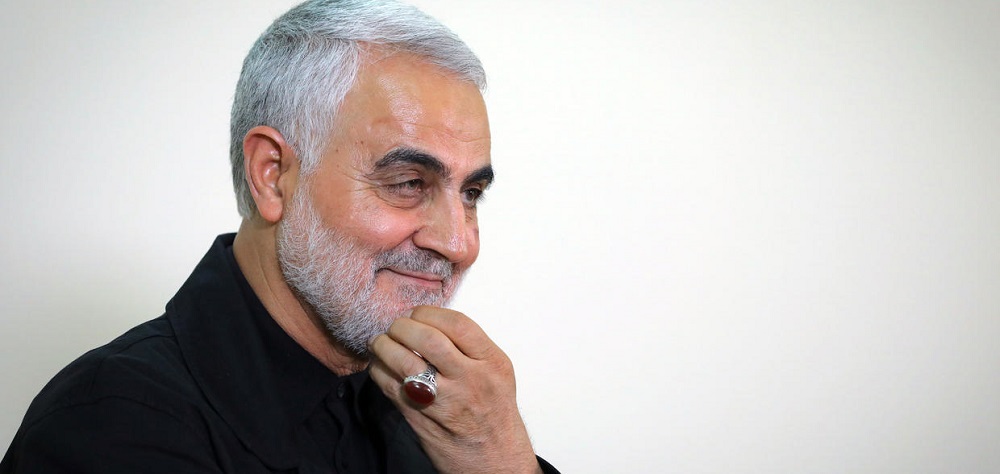Alwaght- On January 3, the US launched a drone strike assassinating top Iranian General Qassem Soleimani who commanded the Quds Force of the Islamic Revolutionary Guards Corps. The top general played a leading role in the obliteration of ISIS and other terrorist groups in Syria and Iraq. He shattered the US project to promote terrorist groups in the region to loot the regional nations’ oil and other natural resources. His assassination marked a turning point in the regional developments. Alwaght has talked to Pejman Vazehi, an expert on international affairs, who said that after the US crime, the region underwent major geopolitical changes.
The former King’s College London expert called the current US administration lacking a clear foreign policy strategy, something compromising the US interests across the world more than ever.
He added that the lack of strategy in Trump administration has been met by criticism at home. American experts and even politicians find this status detrimental to their country’s national interests.
He commented on the US action that killed Iran’s General Soleimani and Iraq’s Abu Mahdi al-Muhandis, who served as the deputy commander of the anti-ISIS Popular Mobilization Forces (PMF), saying that the move totally violated the Iraqi sovereignty as it lacked Baghdad’s authorization and went without the government knowledge. It targeted two official individuals and came in unequal conditions and as an assassination operation. “Though it was executed by the state, it does not lose nature of being a terrorist action,” he went on.
Mr Vazehi also talked about the implications of the assassination. He stated that after the operation, the region saw three major changes:
The consensus in Iraq and even Afghanistan on the need for the US troop withdrawal
Though even after the martyrdom of General Soleimani, the US pullout was a popular demand in Iraq and Afghanistan, after him the demand was openly made by the officials. The demand for the US military exit from Iraq and Afghanistan is now a reality seriously pursued in the two countries. The efforts to conclude the US-Taliban talks are for faster American withdrawal from the Central Asian country. Baghdad, on the other side, follows the parliament bill to expel the American forces.
Increase of Arab allies’ distrust in Washington leaders
Mr Vazehi added that after the assassination, the United Arab Emirates leaders undertook to review their policies in relation to Iran and though they officially call themselves the American allies, they make behind-the-scenes efforts to move closer to Iran through changing their hostile policies to Tehran.
“The Arab leaders have come up with the conclusion that the US is unreliable and despite claims of willingness, the Americans show no signs of scaling down their anti-Iranian hostility. The distrust showed itself when the US scarped the Iran nuclear deal. The assassination, however, tightened the lack of trust in Washington. This is creating a sense of interest in closeness to Iran among the Arab states.”
Influencing US-led Western coalition’s anti-ISIS fight in Iraq and Syria
Mr Vazehi said that by assassinating the Iranian general, the US eliminated the region’s face of anti-terror fight. This unleashed challenges to the American claims about being in Iraq and Syria to fight ISIS.
“After the assassination, the US claims that it fights the terrorist group in Syria and Iraq are no longer bought by the public opinion. Moreover, presidents of Russia, China, and Turkey blasted the Baghdad airport attack, describing General Soleimani a bold commander in the regional war against terrorism. This makes it clear to all that the US claims of anti-terror battle are not more than a propagandistic campaign aimed to win legitimacy to its military presence in the two countries. Washington claim does not have the attraction of the past.”
Mr Vazehi said the region’s geopolitical atmosphere after General Soleimani is very deferent than before.
“After his martyrdom and with regard to the growing pressures on the US and the increasing distrust in Washington, we can expect new regional alliances minus the US.”
He went on that the post-Soleimani regional geopolitical changes are mid-term. They can take some time and show no signs in the short run, though they already have started to occur.



























